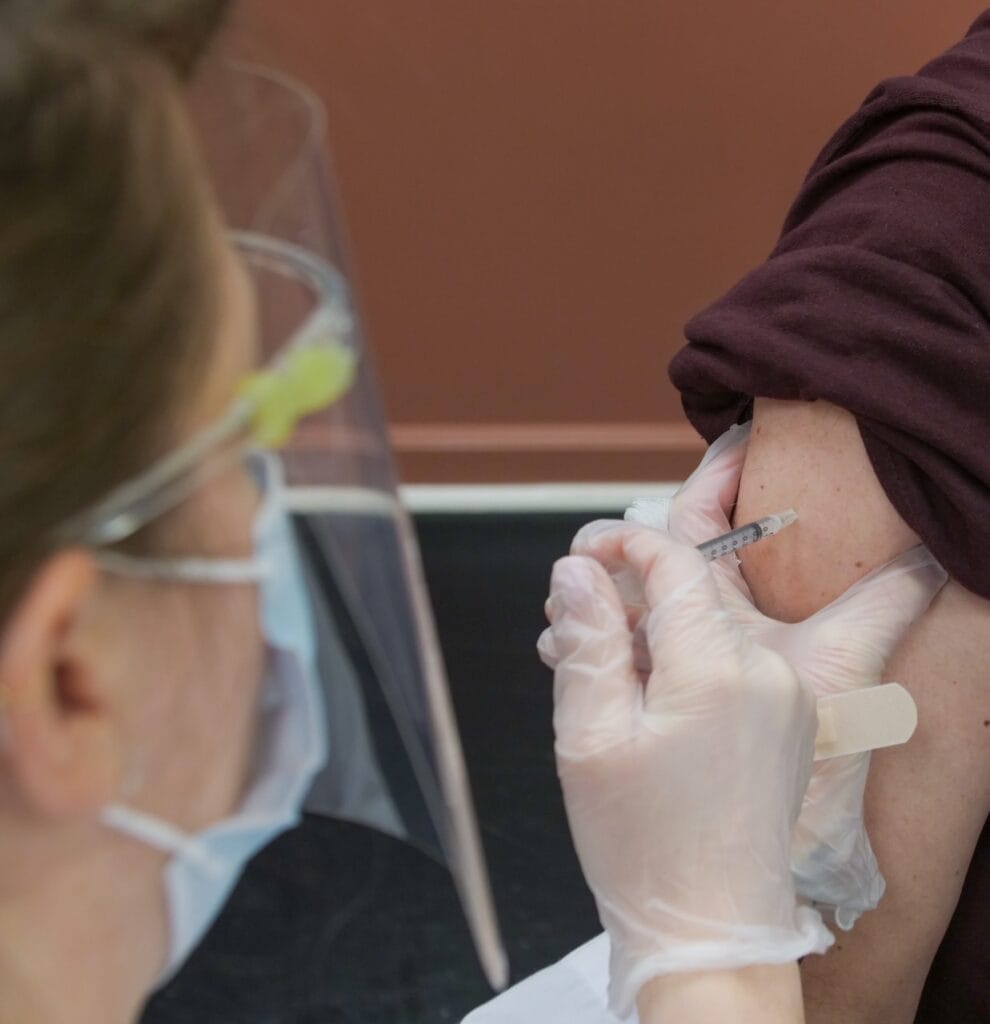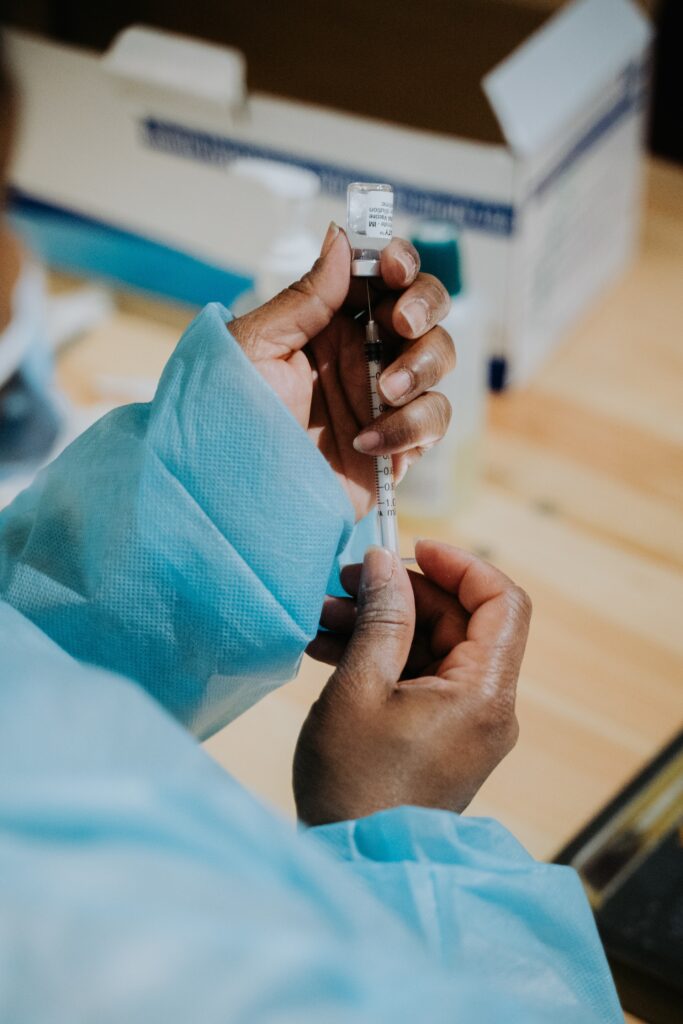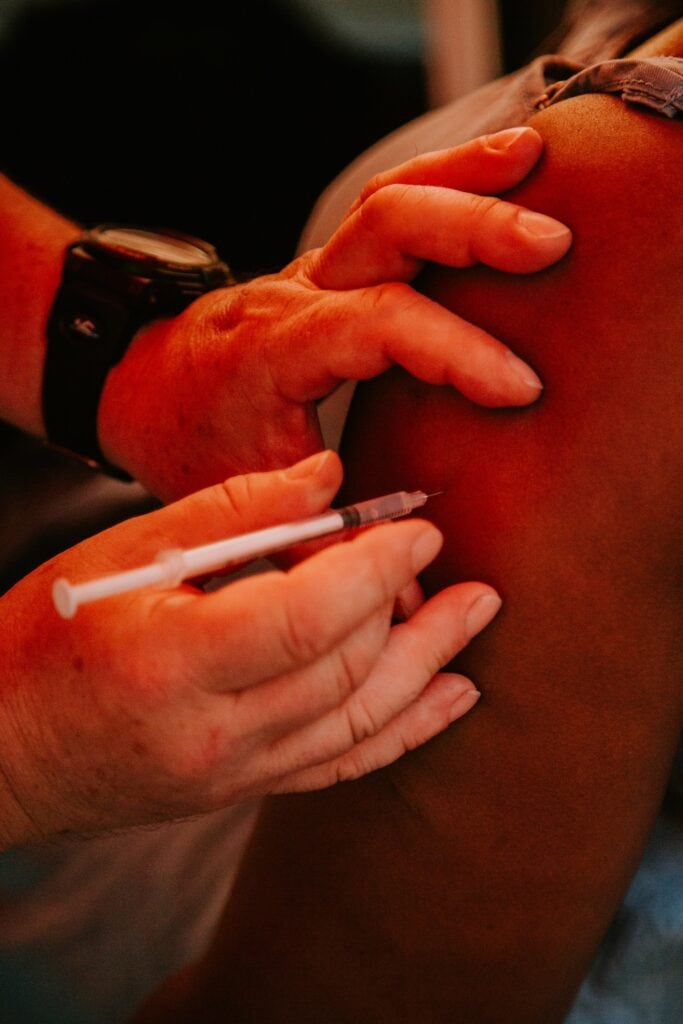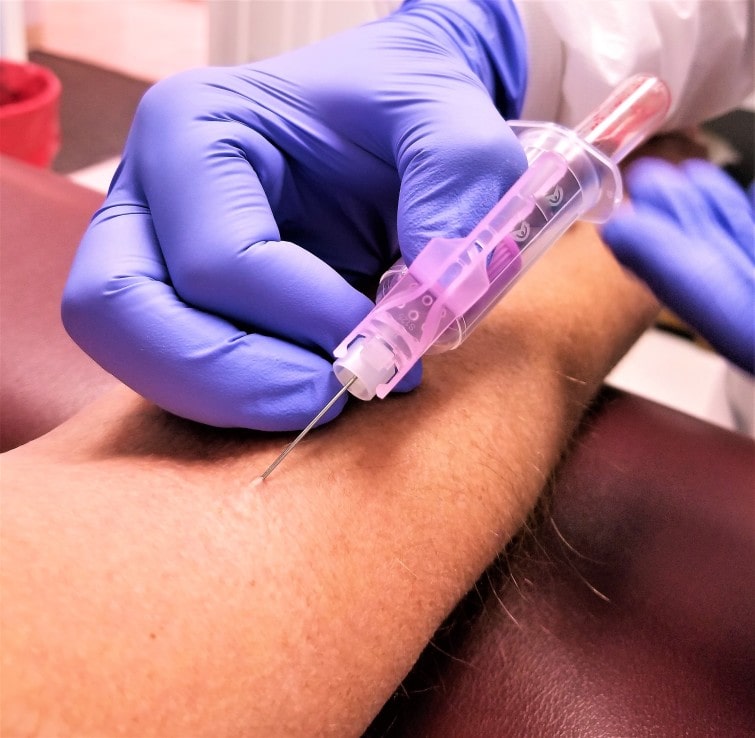Understanding Allergy Shots


The Benefits
Allergy shots offer numerous benefits for individuals struggling with allergies:
Long-term Relief:
Reduced Reliance on Medications:
Prevention of Asthma Development:
Customized Treatment Plans:
Improved Quality of Life:
The Process
1. Allergy Testing
2. Personalized Treatment Plan
3. Injection Phase
4. Monitoring and Adjustments
The Effectiveness and Safety

FAQ’s
When the time is critical, Arizona Allergy Associates provides quick diagnostics and peace of mind.
AZ Allergy Associates Allergy Blood Test
We on AZ allergy Associates only do the Immunoglobulin E (IgE) – specific immunoassay methods on testing blood for allergy.
This test includes:
- Enzyme-linked Immunosorbent Assay (ELISA, or EIA) – is a test that detects and measures allergen-specific antibodies in your blood.
- Radioallergosorbent Test (RAST) – test your blood for specific IgE antibodies to find out what substances that you have allergic to.

What to expect from our service?
An AZ Allergy Associates certified health care provider will take a blood sample from a vein in your arm using a small needle. After the needle is inserted, a small amount of blood will be collected into a test tube or vial. You maybe feel a little sting when the needle goes in or out. This usually takes three to five minutes.
Will I need to do anything to prepare for the test?
None. You don’t need any special preparations for the test.
At Arizona Allergy Associates, our team members know you may feel apprehensive about your blood test results and get them to you as quickly as possible. Depending on the specific test, it may take an hour or longer. Your doctor will explain the results and the need for further testing or follow-up. Your treatment plan will depend on the type and severity of your allergy.
Visit one of our locations in Chandler, Gilbert/Mesa, Scottsdale, Phoenix, and Queen Creek/San Tan Valley.
When the time is critical, Arizona Allergy Associates provides quick diagnostics and peace of mind.